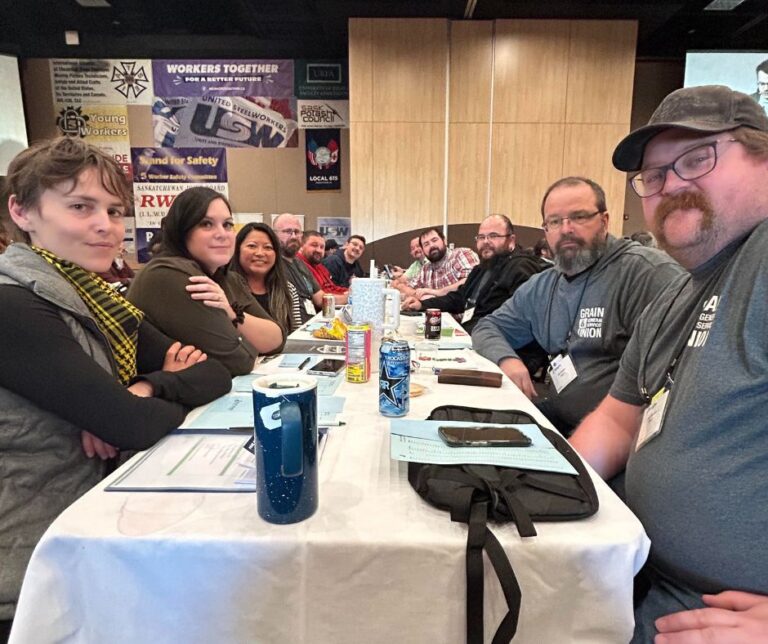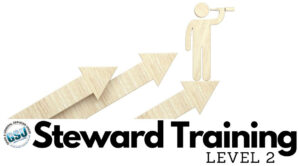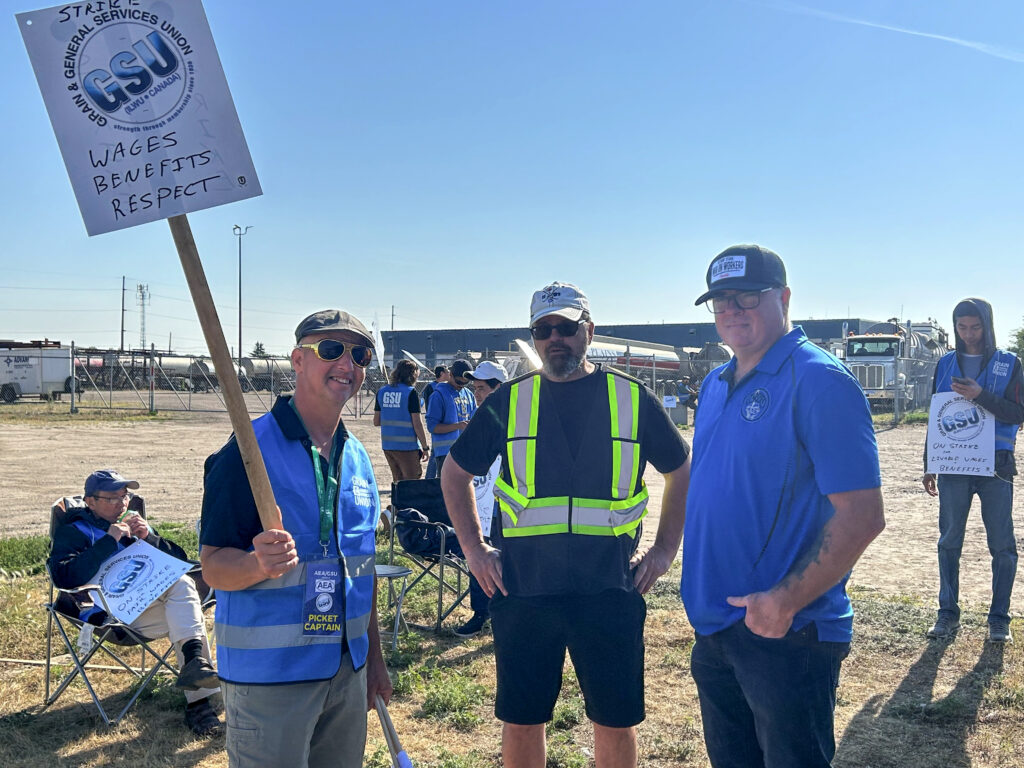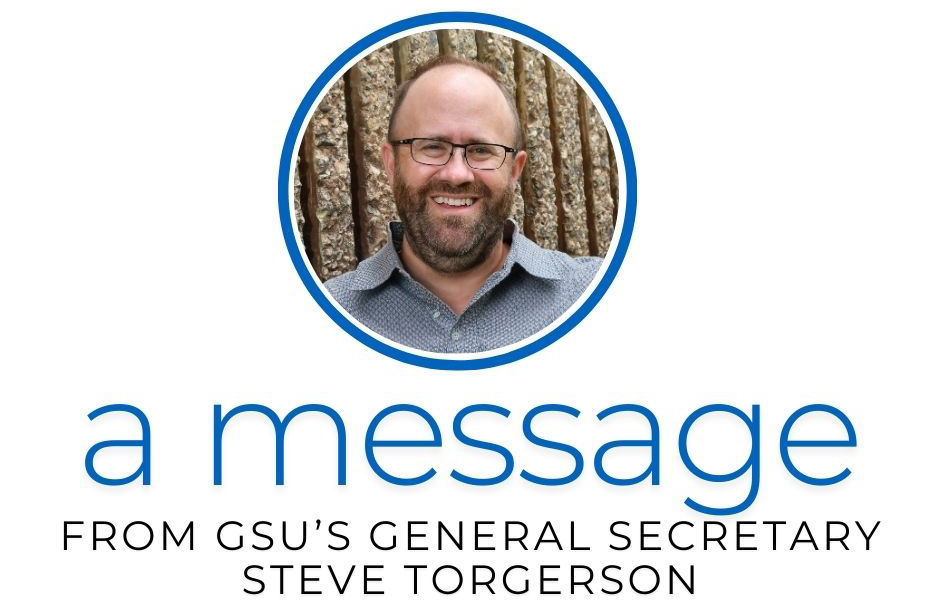
Thank you to all our GSU members who voted in this year’s provincial election on October 28, 2024. Your participation shows the power and influence we have as union members when we make our voices heard in our communities.
This year, GSU has focused on encouraging political involvement, recognizing that our collective actions in politics help shape the future for working people. Through articles and stories in our Tuesday Members’ Memo and here on our website (below), we’ve shared insights into the importance of engaging with candidates, understanding the issues, and learning how to cast your vote. Our recent guide aimed to help members speak with their candidates, get clear answers to their questions, and navigate the voting process easier. I hope these resources have helped you feel more informed and at ease when voting.
GSU is nonpartisan and does not support any political party. Our focus is on encouraging our members to identify issues that affect workers and participate in the political process.
In solidarity,
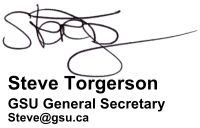
Political Engagement (and why it’s important)
What is Political Engagement?
Political engagement is simply being involved in decisions that affect your community, country, or workplace. It’s easier than it sounds, and you’re probably already doing it. For example, when you vote in elections, whether it’s for government leaders or representatives in your union, you’re helping to choose the people who make important decisions and set policies that affect your life and work. If you’ve ever shared your opinion about a local issue or signed a petition, that’s political engagement, too.
It’s really just about speaking up and taking part in shaping the world around you.
Why GSU Members Should Engage in Politics
As a unionized worker and a Grain and General Services Union (GSU) member, you are part of a powerful collective that can shape your workplace and the political landscape in your city, province, and country. GSU is a democratic organization that thrives on member engagement and participation—just as our society does. Your voice as a worker carries significant weight in municipal, provincial and federal politics, and your involvement and political engagement helps ensure that the values and priorities of working people¾just like you¾are upheld by the leaders who represent you and all of us.
Political engagement by workers is really important because the decisions made by governments directly impact the rights, safety, and well-being of workers and their families. By actively participating in politics, you can advocate for candidates who will champion unions, support collective bargaining, and advance public policies that protect workers and their families.
How to Talk to Candidates
When engaging with political candidates, it’s important to ask the right questions and listen carefully to their answers. Here are some practical tips to help you get the most out of your conversations with candidates on worker issues:
Do Your Research
Before meeting a candidate, find out their track record on labour issues. Have they supported or opposed legislation that affects workers? What is their stance on unions and collective bargaining?
Ask Direct Questions
Don’t be afraid to ask specific questions, such as: “What is your position on collective bargaining?” or “If elected, how will you support workplace safety and workers’ rights?”
Look for Consistency
Pay attention to whether a candidate’s past actions align with their promises. A strong supporter of unions and working people will have a track record that matches their words.
Attend Town Halls and Debates
These events offer a great opportunity to see how candidates handle questions and interact with voters. Don’t hesitate to ask questions or voice your concerns.
Discuss Union Goals
Grain and General Services Union has clear goals and values that benefit from strong political support. Make sure the candidate understands the key aims of trade unions, like GSU, as they represent the interests of working people. Ask the candidate how they plan to promote or protect these goals:
- Protecting Workers’ Rights
Ensuring that workers are treated fairly, and their legal rights are respected in the workplace.
- Collective Bargaining
Ensuring unions can negotiate with employers for better wages, benefits, working conditions, and job security.
- Improving Working Conditions
Advocating for a safe, healthy, and respectful work environment.
- Ensuring Job Security
Fighting for protections against unfair dismissals, layoffs, and promoting stable employment.
- Promoting Equality
Ensuring equal opportunities and fairness in pay, promotions, and treatment for all workers regardless of gender, race, or background.
- Advocating for Worker-Friendly Legislation
Lobbying for laws and policies that benefit workers, such as minimum wage increases, better safety regulations, or healthcare access.
Evaluate Their Commitment
After hearing their answers, do your research, talk to other candidates, and evaluate how each candidate measures up to your priorities.








